According to a survey of 200,000 employees, this is the #1 thing people want?

Author Note: This is the first in a series that will give short summaries of the most useful and universal mental models in the world. Follow our Accelerated Intelligence publication if you?d like to see the other articles as they come out.
If you?d like to learn more about mental models in general, read This Is Exactly How You Should Train Yourself To Be Smarter [Infographic]
Definition Of Fundamental Attribution Error
The Fundamental Attribution Error states that when we try to explain other people?s bad behavior, we tend to overemphasize their personality and underemphasize the situation they were in. This leaves people feeling unappreciated and destroys relationships.
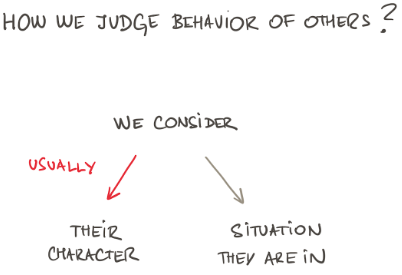
For example, if a team member at work makes a mistake, we?re more likely to attribute it to their personality, character, or skill level. However, if we make the same mistake, we?re more likely to attribute it to the situation (i.e., we were rushing, felt tired, or it was someone else?s fault).
While this might make sense on an abstract level, you?re probably wondering, ?So why does this matter? What are the implications in my life??
Let?s explore this?
Do you know the #1 thing people want at work?
Money, fame, crazy perks?
Well, no.
According to a survey of 200,000 employees, the #1 thing people want is recognition. The same is probably true with our closest personal relationships.
Yet, so many feel unappreciated and unrecognized. Sadly, even though authentic recognition is ridiculously easy to give, most people suck at it because of the Fundamental Attribution Error.
The Fundamental Attribution Error can lead to a chain reaction of frustration, disengagement, subpar performance, further judgement, toxicity, and ultimately parting ways.
And, it?s easy to understand why.
We?ve all had situations where we did everything we could to reach a goal at work, something happens outside of our control, and then we still get blamed. It can be enraging. Why even bother trying, we wonder.
Conversely, it can be frustrating when you?re a parent, leader, or manager and someone doesn?t deliver on something they promised to do, and then even worse, they make excuses about it.
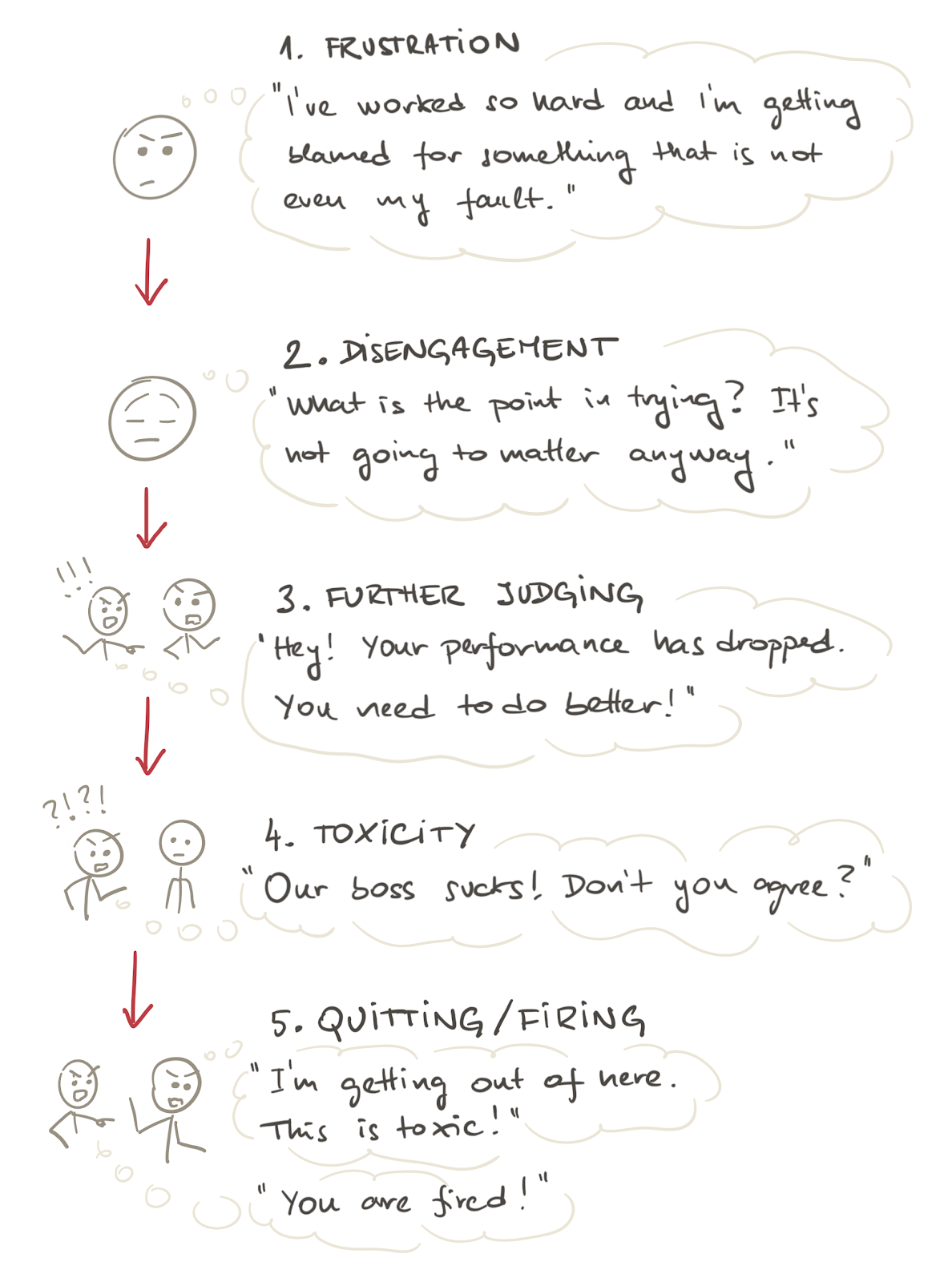
Given that the most valuable asset of companies are its people and that the cost of losing a great employee can be tens of thousands of dollars or even more, not properly recognizing people is a big deal. This one mistake can cost larger companies millions of dollars.
On a personal level, people account for so much of what makes life rewarding. The Fundamental Attribution Error can lead us to pushing away and being pushed away by the people closest to us ? our kids, our parents, and our spouse.
By understanding what the Fundamental Attribution Error is, how it plays out in our lives and work, and how to deal with it, you can:
- Be a leader that people actually want to follow and over-deliver for.
- Communicate with your boss or employees more effectively.
- Speak to your kids and significant other without them tuning out or being tuned out.
Ultimately, understanding the Fundamental Attribution Error can be the difference between getting promotions, having an impact, and building a successful company or failure and stagnation.
So why is such a big problem with an easy solution not being solved?
Let?s go a level deeper to understand the answer.
The Next Level Of Fundamental Attribution Error
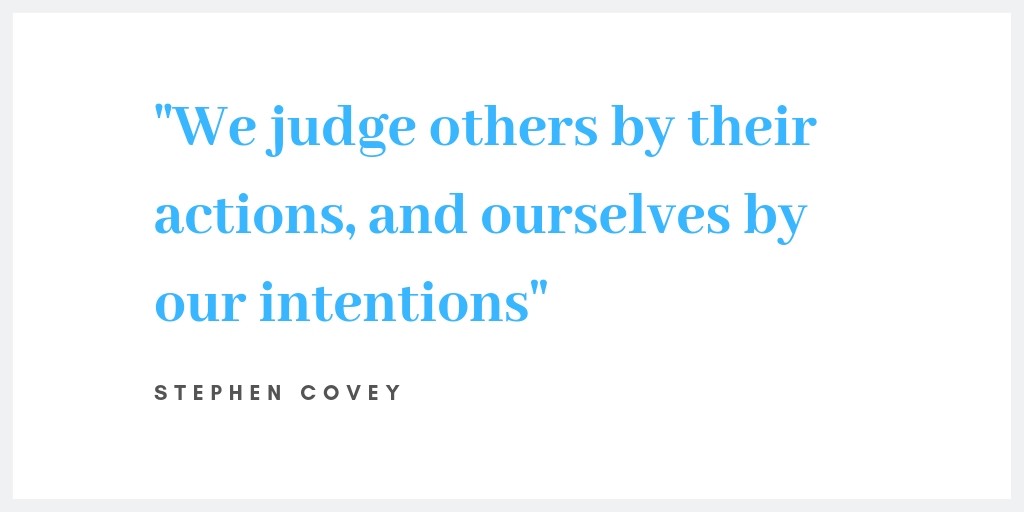
Picture this situation:
Ben is starting a new job that he?s excited about. First thing in the morning on his first day, he is meeting the CEO one-on-one to kick things off.
In order to not be late, Ben left half hour earlier than he thought he needed to. Nevertheless, an accident on the way caused a terrible traffic jam, which led Ben to arrive late to his business meeting.
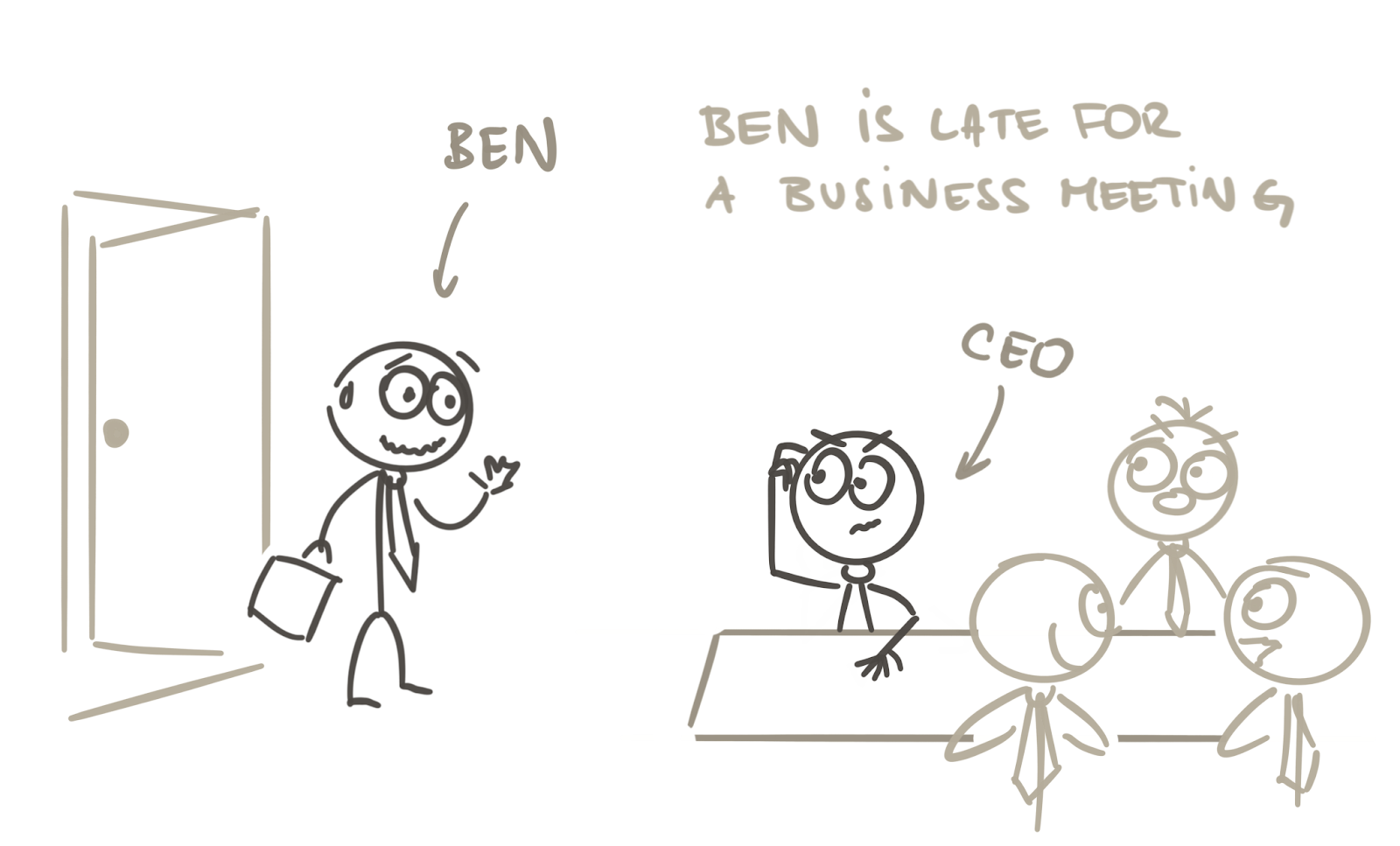
Now, in your opinion, what will the CEO think about him being late? Will the CEO attribute it to situational factors, like the accident? Or will the CEO immediately form a bad impression, one Ben will have to struggle for a long time to overturn?
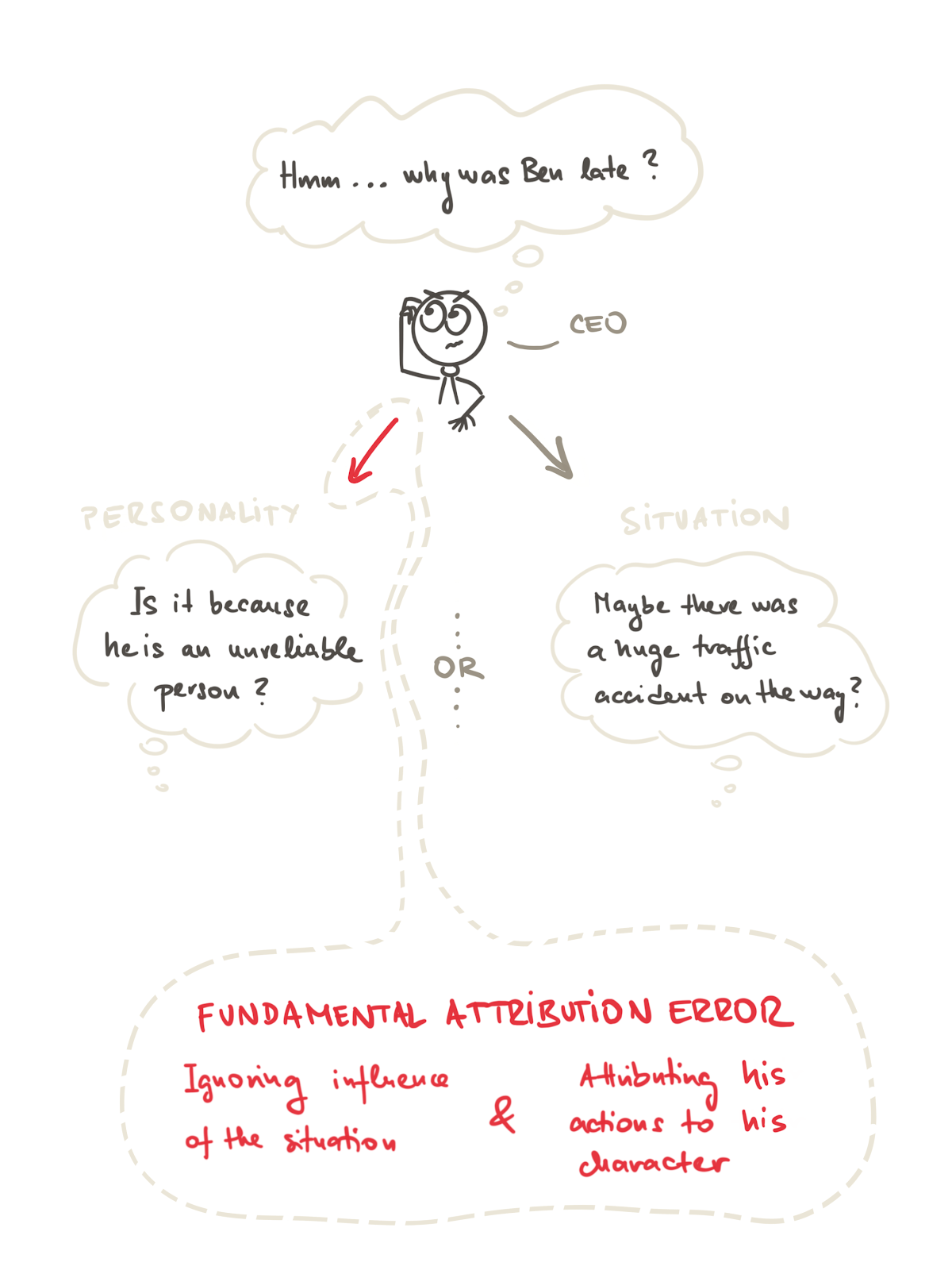
I think you know the answer!
Mental models and cognitive biases like the Fundamental Attribution Error are nice to know, but their real value comes from applying them to every area of our life. Below are a few memorable examples to help you think about how the Fundamental Attribution Error is impacting your life.
Examples of the Fundamental Attribution Error
There are many examples of the fundamental attribution error we can draw from ? and most of them come directly from our daily lives:
#1: Taking the moodiness of our kids personally
There have been many times when one of my children was moody when they came home from school. Early on, I would reprimand them and take their moods personally. But now, I know that if they?re moody, often something happened at school and they?re tired from a long day. So I will give them space to relax and later ask them how their day went.
#2: Judging other drivers
When someone cuts you off while driving, it?s very likely that your first thought is ?What a jerk!?, instead of considering the possibility that they are rushing to the airport or carrying a woman ready to give birth to the hospital.
#3: Judging an unreturned call or email
When someone doesn?t return a call, it?s common to think that they are being inconsiderate, ignorant of your needs, or just plain rude. It?s rare to actually think that there might be a reason they are not doing so, like that they missed the notification, or that there is an emergency going on.
#4: Judging someone else?s work ethic
If you see someone slacking off when they should be working, it?s easy to think that they are lazy, or even bad employees. But, it?s entirely possible that they have a personal thing going on that particular moment and day, or that they?ve just finished up all their assignments.
#5: Taking a forgotten anniversary or birthday personally
When a spouse, or significant other forgets an important date (e.g. anniversary), we feel hurt. We take that particular event and extend it to the entirety of the relationship, asking ourselves questions like ?is our relationship not meaningful anymore, what happened to us, etc.? Even though these explanations are possible, it is likely that your spouse or significant other simply had a lot on their plate and this slipped their mind.
#6: George?s boss thinks he has gone crazy (Seinfeld Scene)
George takes on the culture of one of his clients, which means calling people ?Bastards? and so on. One day, George?s boss overhears him cursing at the client without knowing the the situation. Naturally, he thinks George has gone crazy.
Give People The Benefit Of The Doubt ? The Simple Solution To The Fundamental Attribution Error
Whenever we are judging someone else?s behavior, we are only seeing part of the equation. We can?t see what?s going on inside their body and head. We don?t know the full situation. There is always another side.
By being aware that we are subject to the Fundamental Attribution Error, rather than judging right away, we can give others the benefit of the doubt and attempt to come up with more positive explanations of their behavior. This will balance out our natural inclination to judge and make it easier to have a productive conversation about what really happened.
This article was written in collaboration with Dimitris Gkiokas and Viktor Golias. If you have an article on mental models that you?d like to submit to this publication, email your completed draft to [email protected]. Our vision is for each mental model summary to be the best short description of that model on the web. We will promote each published article to our entire network on email and social media.
Leave a comment if there is a specific model you?d like us to cover in the series.
This article was written with love and care using the blockbuster mental model.

